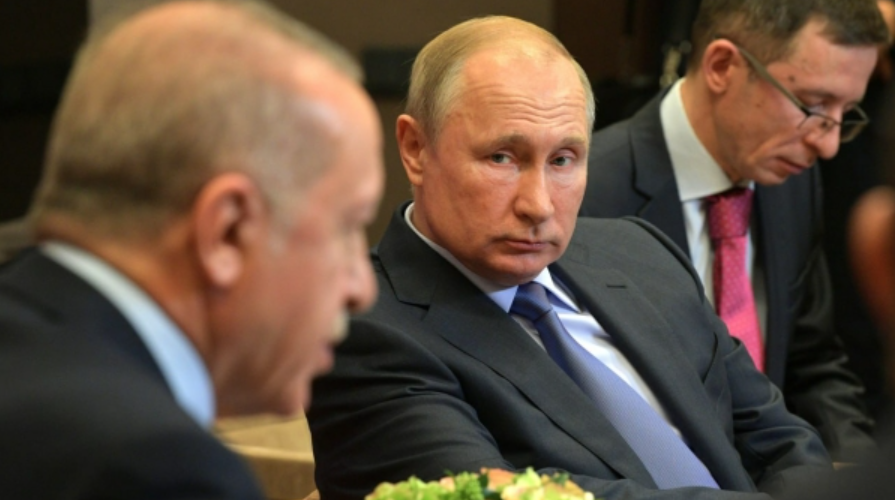The Kremlin expresses unease over the German military presence in Lithuania.
Others are reading now
The Kremlin has openly voiced its disapproval of Germany’s move to send troops to Lithuania, a development that has added a new layer of tension to the already complex security landscape in Eastern Europe.
Dmitry Peskov, the press secretary for the Russian leadership, conveyed this stance in response to queries from the press, emphasizing the perceived threat these actions pose to Russia’s border security.
A Signal of Rising Tension
According to Peskov, the deployment of German forces to Lithuania is seen as an escalation that necessitates Russia to undertake “special measures” to safeguard its own security.
“This is the continuation of inciting tension, the creation of centers of danger for us near our border, which requires us to take special measures to ensure our own security,” Peskov stated, as reported by Europeyska Pravda and Interfax.
Also read
The move, which began on Monday, involves the gradual arrival of military personnel from the German brigade in Lithuania, eventually amounting to around five thousand troops.
This deployment follows an action plan signed at the end of 2023 by the defense ministers of Germany and Lithuania, aimed at reinforcing NATO’s eastern flank in response to the evolving security environment in the region.
Components of the Deployment
The deployment will see the relocation of the 122nd mechanized battalion from the south of Germany and the 203rd mechanized battalion from the west of the country to Lithuania.
The NATO rapid response group currently stationed in Lithuania will be integrated into the newly formed brigade.
German Defense Minister Boris Pistorius has outlined a timeline for this operation, with the full deployment of the brigade expected to be completed by 2027. This strategic move is part of a broader effort to bolster NATO’s presence on its eastern borders, a response to perceived security challenges in the area.


